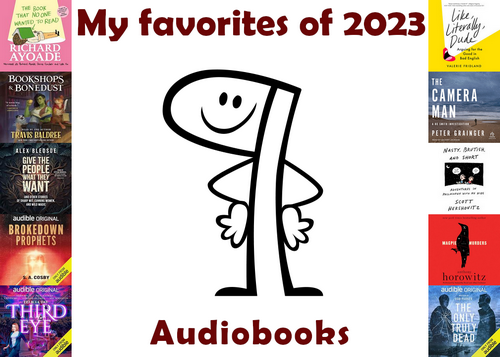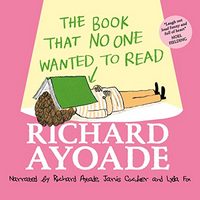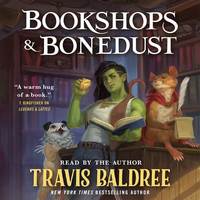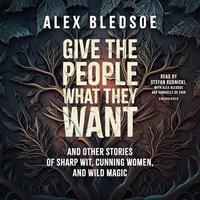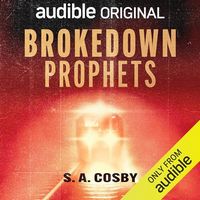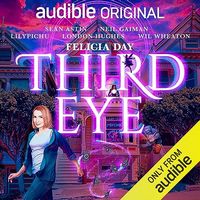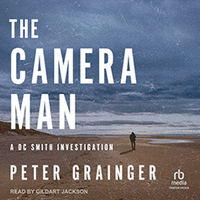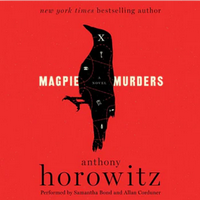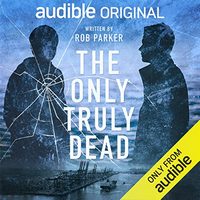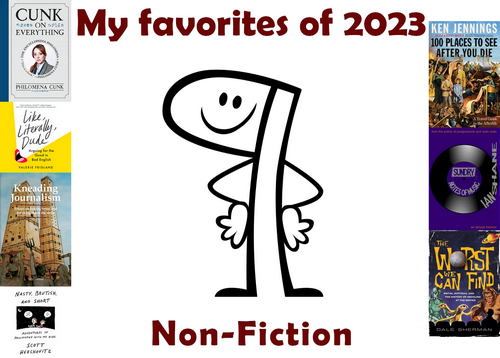
My 2023 Wrap up continues and now we’re on to the Non-Fiction list. While I liked a number of works that didn’t make this list, I felt strange calling them a “favorite.” So, we have 7 instead of the nigh-obligatory 10. These are the ones that stuck with me through the year; the ones I cited in conversation; that I thought about when reading something else or watching something on TV. Yeah, there’s some overlap between this list and the audiobook list from yesterday—lately, most Non-Fiction books I work through are in audiobook format. So it makes sense, even if it makes this post seem like an echo.
As always, I only put books that I’ve read for the first time on this list. I don’t typically return to NF books (outside of looking up things for one or three points), but occasionally I do—for example, The Pleasures of Reading in an Age of Distraction by Alan Jacobs would get a permanent spot on this list, were it not for this rule.
(in alphabetical order by author)
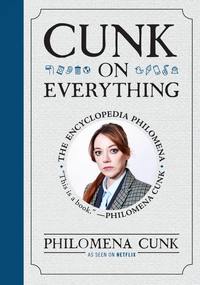 Cunk on Everything: The Encyclopedia Philomena
Cunk on Everything: The Encyclopedia Philomena
by Philomena Cunk
My original post
If you’ve ever watched a video clip or a full episode of Philomna Cunk’s various shows/specials, you know just what you’re going to get in this Encyclopedia. If you don’t, finish reading this post and then go find some. Probably pound-for-pound the funniest thing I read this year. Utterly useless outside of that—in case that wasn’t clear. Whether you go from cover to cover, or dip into it here and there (probably for longer than you intend to)—these brief entries are almost certainly going to be a burst of entertainment for you. Not all of them are going to work for every reader—but never fear, just turn the page and you’re probably going to come across one that will.

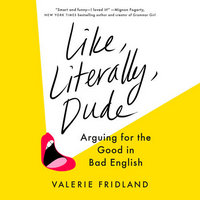 Like, Literally, Dude: Arguing for the Good in Bad English
Like, Literally, Dude: Arguing for the Good in Bad English
by Valerie Fridland, Narrated by Valerie Fridland, Joniece Abbott-Pratt, Keylor Leigh, Andrew Eiden, Christopher Ryan Grant, Ellen Archer, Eileen Stevens and Nicky Endres
I’m a sucker for entertaining books about language, grammar, etc. Fridland’s apologetic for “Bad” English drives my inner prescriptivist, up the wall—but she joins the growing number of writers who are sealing up that prescriptivit’s coffin. How good is this book? Her chapter (or maybe it was a section of a chapter) on “Um” and “Uh” was fascinating. If she can pull that rabbit out of a hat, imagine how good she can be when she talks about the use/overuse of “like,” the history of “Dude,” or the figurative use of “literally”—and so much more. I spent most of the time listening to this book just geeking out in a way that made me regret not becoming a sociolinguist myself.

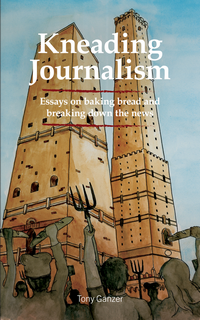 Kneading Journalism: Essays on baking bread and breaking down the news
Kneading Journalism: Essays on baking bread and breaking down the news
by Tony Ganzer
My original post
There’s just so much to commend about this book that this little paragraph isn’t going to come close to hitting it all. Partial memoir, small bread-recipe book, and some great insights into the state of journalism and what it means for our society. This is a great read—challenging, but in a friendly, welcoming way. Thoughtful and thought-provoking without being combative or overly critical. Ganzer has a point of view—and makes no claim about lack of bias here—but isn’t pushing a partisan outlook, just a pro-responsible press outlook. Brief, but not insubstantial.

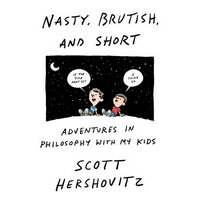 Nasty, Brutish, and Short: Adventures in Philosophy with My Kids
Nasty, Brutish, and Short: Adventures in Philosophy with My Kids
My original post
This was a great listen—Hershovitz is the kind of lecturer you want to pay attention to (or so imagine based on this). This book succeeded on multiple fronts: it was frequently amusing, if not downright funny; it was educational; it was insightful (even when I disagreed with what he did with the insights); it was thoughtful; it offered (largely by example, not being didactic) good parental advice; and kept this particular listener fully engaged throughout. Just what you want from an audiobook.

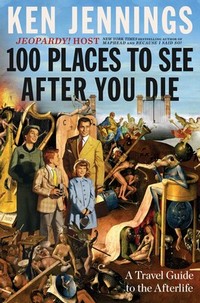 100 Places to See After You Die: A Travel Guide to the Afterlife
100 Places to See After You Die: A Travel Guide to the Afterlife
by Ken Jennings
My original post
A fun and informative traveler’s guide through afterlives depicted in Mythology, Religion, Books, Movies, Music and Theater, and from a few other sources. Jennings brushes against irreverancy, but (I think, I’m open to correction) stays on the respectful side. I absolutely had a blast with this—and learned quite a bit, too. It’s one that I’ll return to primarily as a reference, but I will appreciate the perspective and humor as I check my facts. The only problem I have with it is the lack of footnotes/endnotes—I want some source material!

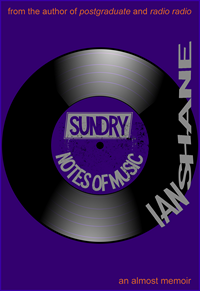 Sundry Notes of Music: an Almost Memoir
Sundry Notes of Music: an Almost Memoir
by Ian Shane
My original post
Given how much I like Shane’s novels, it’s probably to be expected that I enjoyed getting some insight into the novelist. And as most of his novels are centered around music/people obsessed with music, it’s fitting that this memoir focuses on songs. There are parts of this book that are very funny—some bittersweet, some tragic, some simply thoughtful. Multiple essays will hit all of those points and more. They’re all engaging in various ways. Not one track on this playlist is going to leave you looking for the skip button.

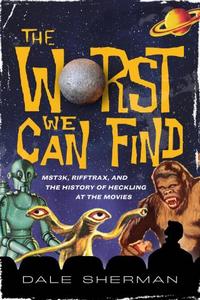 The Worst We Can Find: MST3K, RiffTrax, and the History of Heckling at the Movies
The Worst We Can Find: MST3K, RiffTrax, and the History of Heckling at the Movies
by Dale Sherman
My original post
Sherman is a man who knows about riffing on movies and helps the readers get a better knowledge of it, too. Yes, the focus is on Mystery Science Theater 3000‘s original run (runs?), but he talks about the show’s predecessors and the various projects that have sprung from it, too. Even if you know a lot about the show, its performers, etc., you’re probably going to learn something. And if you don’t? You’re going to enjoy the dashes of perspective that Sherman gives about movies in general and MST3K specifically. Everyone who did what they could to keep circulating the tapes in the 90s is going to eat this book up. Fans of more recent vintage likely will, too.

![]()


